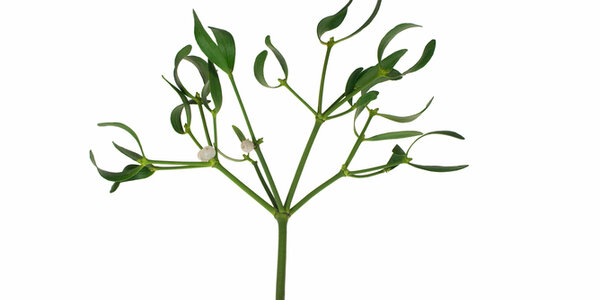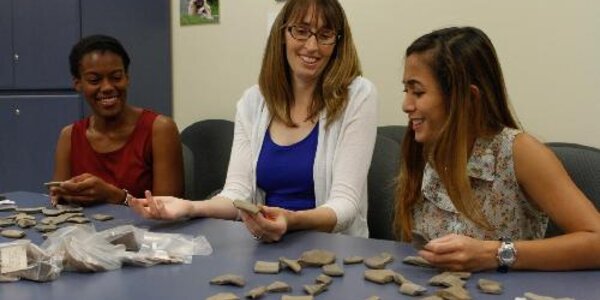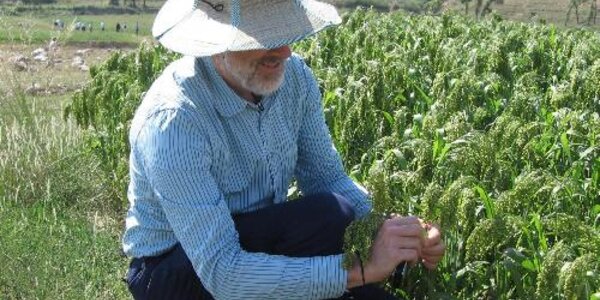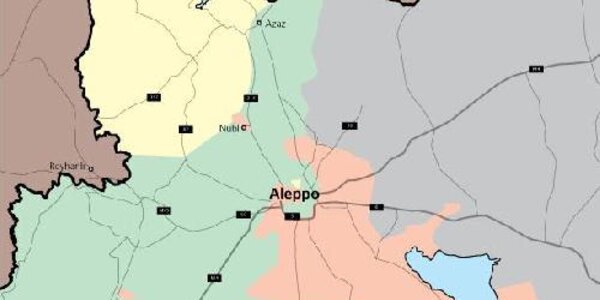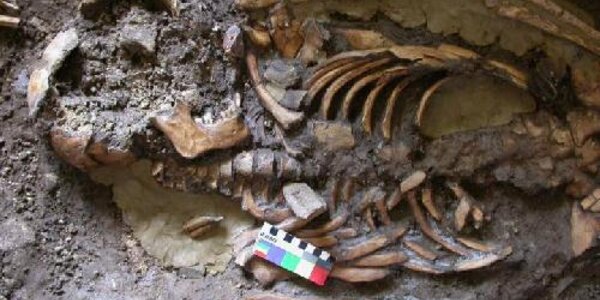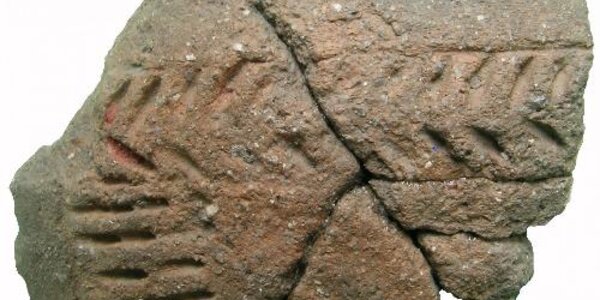Holly, Ivy And Other Pagan Practices Of Christmas
Every year, almost without thinking about it, we incorporate certain plant species into our Christmas celebrations. The most obvious is the Christmas tree, linked historically in England to Prince Albert – but its use in British homes goes back to at least 1761 when Charlotte wife of George III put up a tree at the royal court. (It’s probably worth noting here that the first artificial-brush Christmas tree was produced using the same machinery that was originally designed to produce toilet brushes.)
Three other plants are intimately associated with Christmas: holly, ivy and mistletoe – and in…
